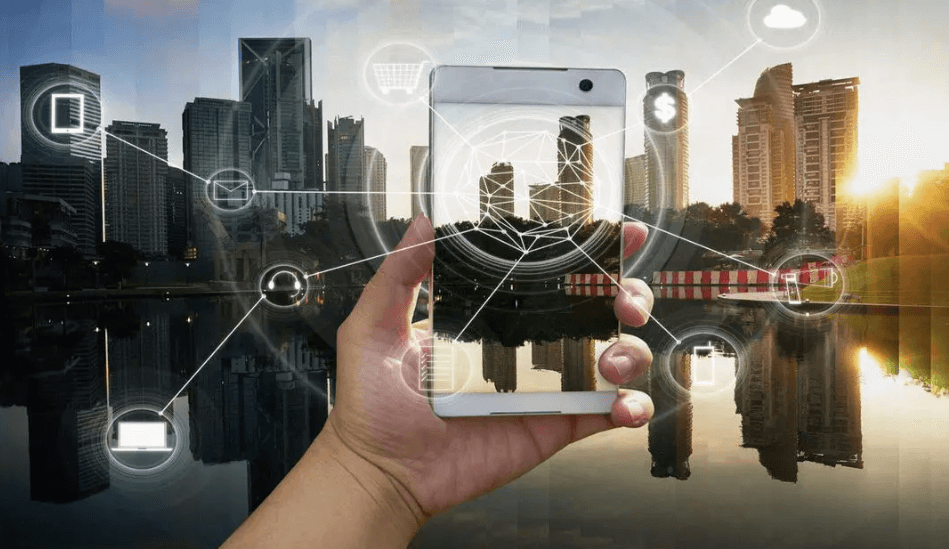The integration of technology into the real estate sector marks a significant transformation in how properties are marketed and transactions are conducted. Virtual tours and augmented reality enhance buyer engagement, while artificial intelligence analyzes market trends to inform decision-making. Blockchain technology promises secure transactions through smart contracts, and mobile applications provide seamless access to listings. Each of these advancements raises questions about their long-term impact on traditional practices and the future of the industry.
The Rise of Virtual Tours and Augmented Reality
As the real estate market evolves, the integration of virtual tours and augmented reality (AR) technologies has emerged as a transformative force, reshaping how properties are marketed and experienced.
These tools facilitate immersive experiences, allowing potential buyers to engage in remote viewing without geographical constraints.
This innovation not only enhances property visibility but also empowers consumers to explore options freely, fostering informed decision-making in a competitive market.
See also: How Technology Is Revolutionizing the Agriculture Industry
Artificial Intelligence and Data Analytics in Real Estate
Artificial intelligence (AI) and data analytics increasingly play pivotal roles in the real estate sector, transforming traditional practices into data-driven strategies.
Through predictive analytics, stakeholders can forecast market trends and buyer behavior, enhancing decision-making.
Additionally, automated valuations streamline property assessments, providing more accurate pricing models.
This integration of technology empowers real estate professionals, fostering a more efficient and transparent marketplace.
Streamlining Transactions With Blockchain Technology
The integration of advanced technologies such as artificial intelligence and data analytics has set the stage for further innovations in real estate, particularly with the advent of blockchain technology.
This technology streamlines transactions by utilizing smart contracts, which automate and secure the transfer of property ownership.
As a result, blockchain enhances transparency, reduces fraud, and expedites the closing process, ultimately empowering stakeholders in the real estate market.
Mobile Applications and the Future of Property Search
While traditional property search methods often involve time-consuming processes and extensive paperwork, mobile applications are revolutionizing how buyers and renters navigate the real estate landscape.
These platforms enhance user experience by providing instant access to comprehensive property listings, sophisticated filtering options, and interactive maps.
As technology evolves, these applications promise greater efficiency, enabling users to make informed decisions with unprecedented ease and freedom.
Conclusion
In the evolving landscape of real estate, technology serves as a compass guiding stakeholders toward a more efficient future. Virtual tours and AI analytics are the navigational stars, illuminating buyer preferences and market dynamics. Meanwhile, blockchain acts as the sturdy vessel, ensuring secure transactions amid turbulent seas of fraud. Mobile applications, akin to a lighthouse, provide instant access to opportunities, ultimately transforming the real estate marketplace into a transparent, user-friendly haven for all.



